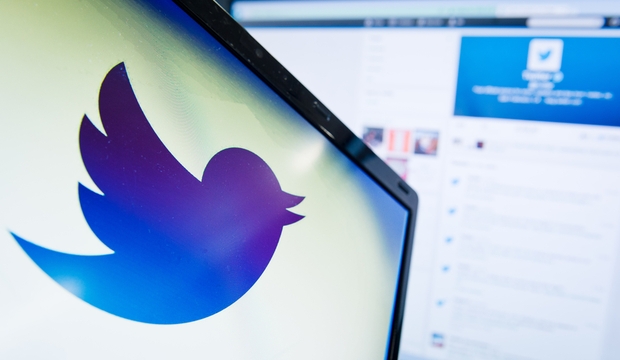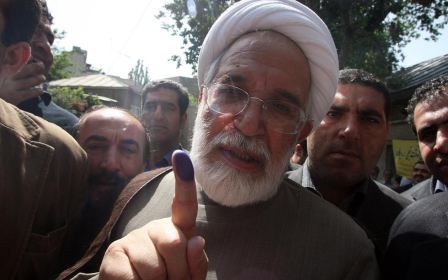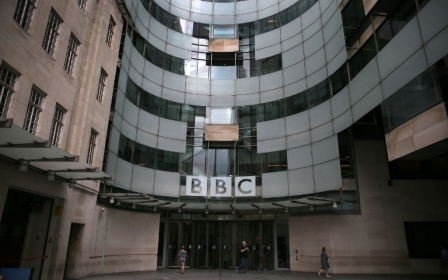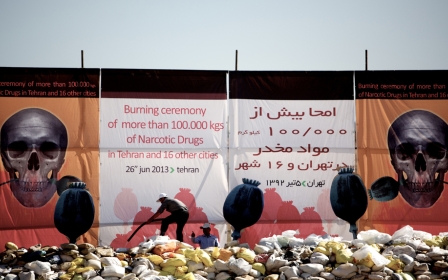Iran considers unblocking Twitter and YouTube

Iran's communications minister said on Tuesday that negotiations are under way to unblock Twitter, which has been banned for years despite being used even by the country's supreme leader.
However, Mohammad-Javad Azari Jahromi said Iran was also looking to reopen YouTube but that "immoral content" - to be determined by the government - would still be blocked.
"Twitter has announced that it is prepared to negotiate to resolve problems," Jahromi told an Iranian newspaper, reported the AFP news agency.
"Considering the current situation there are grounds for such negotiation and interaction. Twitter is not an immoral environment needing to be blocked," he added.
There was no immediate response from Twitter to his comments.
Jahromi said officials were running a pilot project with YouTube which allowed universities to access the site.
Jahromi added that the final decision on unblocking Twitter did not lie with his ministry, but with the Supreme Council of Cyberspace, which includes members of the hardline judiciary.
The 36-year-old Jahromi became Iran's youngest-ever minister this week, and the first to be born after the 1979 Islamic revolution.
His selection has been criticised by rights groups over his involvement in surveillance during and after the mass anti-regime protests of 2009.
But Jahromi is also seen as a critic of online censorship in Iran, where sites such as Facebook, YouTube and Twitter remain banned even if millions use them daily through easily available privacy software.
Twitter was banned at the time of mass anti-regime protests in 2009, that followed allegations of massive rigging in the re-election of president Mahmoud Ahmadinejad.
But despite the ban, the US messaging service is widely used by Supreme Leader Ayatollah Ali Khamenei, who has official accounts in several languages, as well as the president, Hassan Rouhani, and the foreign minister, Mohammad Javad Zarif.
Even Ahmadinejad joined the service this year. Separately, Jahromi rejected allegations he was involved in interrogations during the 2009 protests.
"I wasn't responsible for surveillance - I was in charge of the technical infrastructure for the surveillance industry, and I consider it an honour," he said in a meeting with MPs this week, according to the Shahrvand newspaper.
New MEE newsletter: Jerusalem Dispatch
Sign up to get the latest insights and analysis on Israel-Palestine, alongside Turkey Unpacked and other MEE newsletters
Middle East Eye delivers independent and unrivalled coverage and analysis of the Middle East, North Africa and beyond. To learn more about republishing this content and the associated fees, please fill out this form. More about MEE can be found here.




